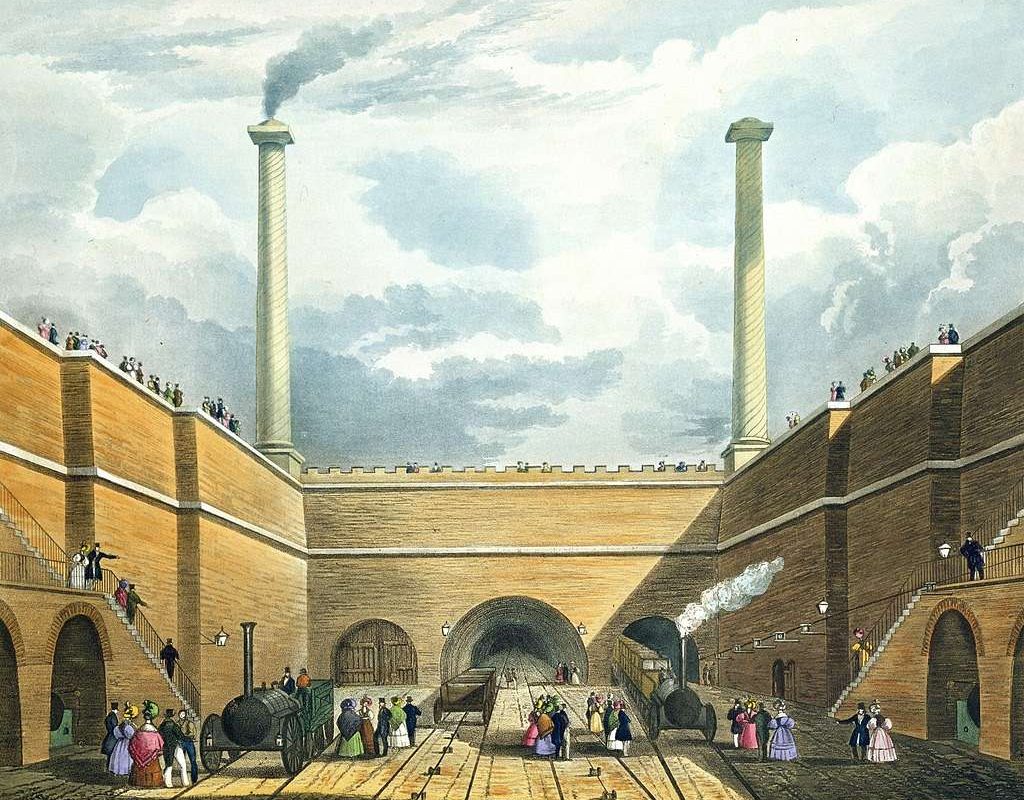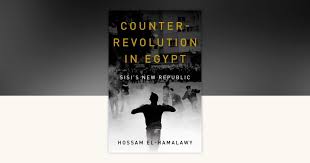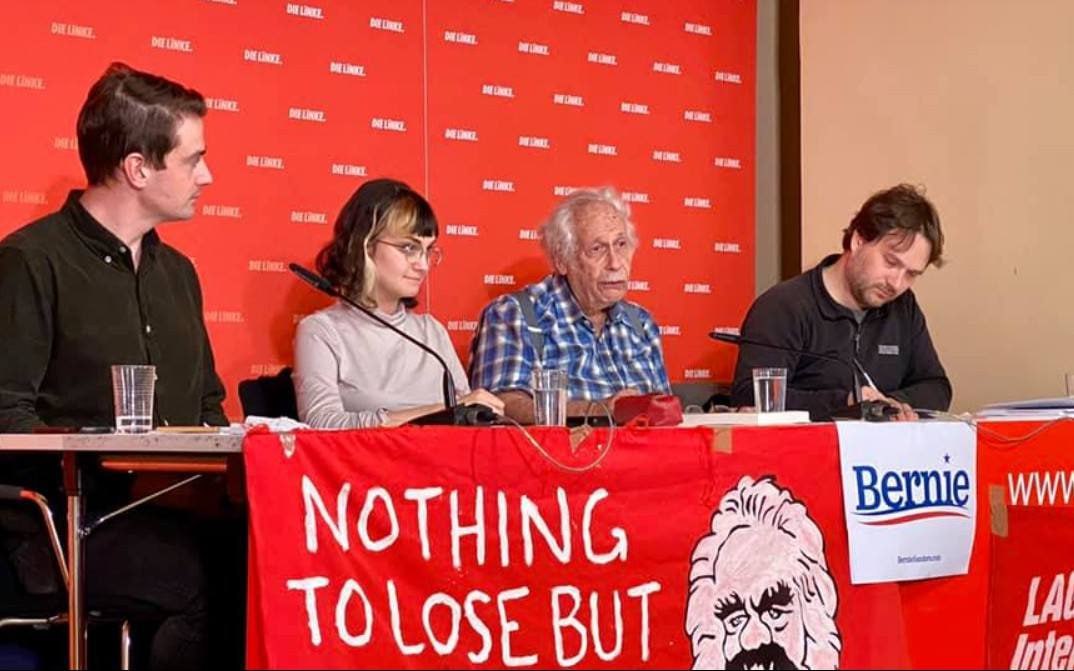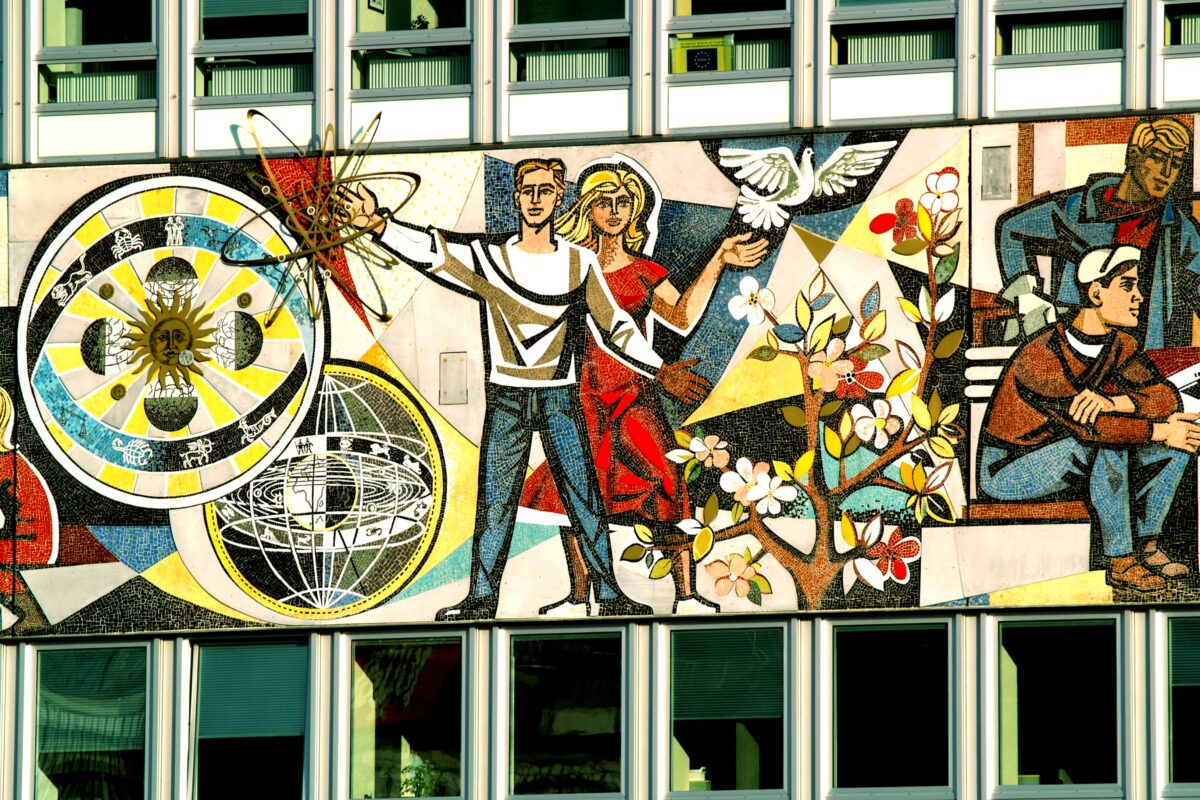Hi Hossam, thanks for taking the time to speak to us at a time which must be very busy for you.
Let’s start with why you’re busy. This month sees the tenth anniversary of the so-called “Arab Spring”. How accurate is this term to describe what happened in February 2011?
I personally use the term just out of convenience, because everyone uses it, and the international media popularized it. Alternatively, I sometimes refer to the events as “regional uprisings,” or “first wave of revolutions.” However, I do agree the term is a bit controversial because not all participants in the uprisings were “Arabs”–for example, the Kurds, Berbers and Nubians. Even more, Arab nationalism in the past was a tool of oppression for some of those communities. Also the term “Spring” may cause some sensitivities, since the term previously was usually associated with the US-backed dissident movements in the former Stalinist countries.
However, it would be impossible to come up with one term that makes everyone happy.
My next question is fairly personal. I’ve read a lot of articles and interviews that you’ve written and even interviewed you myself a couple of times. What is missing from most of these is a summary of what exactly you were doing at the time. Could you break your usual modesty and explain your contribution to the 2011 revolutions?
As a journalist and blogger, I (together with a growing army of dissident bloggers) helped disseminate the news, photos and videos of the uprising to the widest audience possible, both in Egypt and outside. I was one of the spokespersons for the Egyptian opposition, regularly updating the international media with what was happening on the ground. And I was honored to be part of the political leadership of the Egyptian Revolutionary Socialists Organization throughout the uprising, the coup, and the aftermath.
Most media reports speak of the 2011 uprisings as some incomprehensible event that came out of nowhere. In contrast, you have written about the previous 10 years of victories and defeats which made the fall of Mubarak possible. Could you explain a little?
As a media activist I felt bitter for years prior to the revolution, as the international media coverage of Egypt was largely interested in archeological findings, Red Sea tourism, and most atrociously on how “moderate” Mubarak’s regime was since it was pro-US. Mubarak was glorified as a “secular” leader who is a key to “regional stability” against “Islamist terrorists.”
International media either neglected, or at least did not give enough attention to, the dissent that had been slowly brewing since the outbreak of the second Palestinian intifada in 2000. This was an earthquake that shook the entire region, and in Egypt it triggered the revival of street politics. There is a long chain of events linking 2000 to 2011, passing through milestones like the mini-uprising in Tahrir in 2003, the rise of the pro-democracy movement Kefaya movement in 2004 to 2006, and last but not least the strike wave that shook every single sector of the economy. The 2011 uprising was the product of this decade, and thanks to this long, painful process of dissent accumulation among a population whose internet access was limited to ,roughly 21% on the eve of the revolt. To dub it as a “Facebook Revolution”–no matter how well intentioned–is wrong.
The other common report of 2011 is that it was a “facebook revolution”. In a recent article, you’ve questioned this analysis, while talking about the strategy used by the Egyptian bloggers in pursuit of starting the domino effect. Would you like to elaborate?
The Egyptian revolutionary left had long adopted the use of visuals as a propaganda and agitation tool, in pursuit of the ,domino effect. I invite your readers to check out ,the article for a detailed explanation. But the essence of my argument could be summed up briefly as follows: Unless one is directly linked to the ruling class and thus has a direct interest in maintaining the status quo, most of those “ordinary citizens” who are not engaged in resisting the regime need a catalyst to encourage them into action. And usually that catalyst could be the visual information disseminated as widely as possible about some people somewhere who are resisting the status quo. People can draw parallels most of the time and this can set the domino effect into action.
You’ve stressed that your work was made easier by your membership of the Egyptian Revolutionary Socialists. Can you explain what you mean and how #Revsoc is doing now?
I joined the Egyptian #RevSoc in the late 1990s and have been a member since then. This meant I was part of the organizing efforts on the ground, and in constant contact with some of the key players in Egypt’s labor movement and the dissent scene in general. My vision of instigating this domino effect by spreading visuals of dissent would not have been possible to become a reality, if it wasn’t for the support I received from my comrades.
The #RevSoc, like all other dissident organizations, has been facing enormous difficulties after the coup and the defeat of the revolution. The problem is not only the security crackdowns, arrests and constant surveillance. It’s the wider demoralization among the ranks of revolutionaries and ordinary citizens, which make the attempts of re-organizing sounds like a rosy dream. Spontaneous protests and labor strikes still happen every now and then, as well as rioting related to gentrification issues mainly. But usually they are unsustainable protests that you can build little on.
The #RevSoc still maintains some organizational presence in the capital and some provinces, but we are under siege, like the rest of the opposition, and there is very little room for public organizing. But at least we haven’t dissolved ourselves like other groups، or sold out with a deal with the regime. We might be small now, compared to our pre-2013 size and influence, yet we are now more experienced, with different generations in the movement. We continue to put out regular analysis and theoretical production via our ,site and social media platforms, and when the tide changes in the future, we will be ready.
Much of the Egyptian 2011 generation like yourself has been forced into exile. What does this mean for the possibilities for left wing agitation in Egypt today?
Public agitation in Egypt is currently very risky and virtually banned. Despite the continuous cyber-crackdowns, online agitation and propaganda are still a feasible alternative. The exiles’ networks that are emerging are making good use of the different social media platforms, in my view.
You’ve now been living in Germany for a couple of years. How are politics different here than in Egypt? What have you been able to achieve, and what has been difficult?
The margin of freedoms and civil liberties in Germany is obviously much bigger than that of Egypt, where all shades of dissent are criminalized. Being a liberal democracy, there is naturally more attention here in Germany for electoral politics, parliamentarism and fights over legal reforms, as the dominant form of politics–Something I’m not used to in Egypt, where I spend virtually all my life under emergency law (martial law).
One thing that shocked me is how “apolitical” trade unions here in Germany, compared to the ones in Britain, or compared to the independent trade unions in Egypt prior to the coup. I mean here in terms of international solidarity work on behalf of political detainees or causes related to political oppression.
Another shock was the twisted politics of the German left regarding Palestine. A dominant discourse here in Germany somehow has accommodated progressive politics with the support of a classic form of settler colonialism. The end result is censoring Palestine solidarity and fanatically loyal support for Israel. That’s definitely something I haven’t seen before, in Egypt or elsewhere.
I’m not trying to be dismissive in my remarks. I appreciate many of the genuine struggles the German reformist and radical left were involved in, related to refugees, anti-militarism, climate change, anti-fascism, and housing rights. I just feel this isn’t enough and more is needed.
What is the best way in which people in the Global North can support the struggles in Egypt and make your fight our fight?
Pressure your governments into ceasing the arms exports and security cooperation with the Egyptian and autocratic regimes.
Help spread the word about the abuses of the Egyptian regime, and actively lobby for the release of the detainees.
And last but not least: Get active locally. It’s a global system of oppression, and we need to bring it down, in Cairo or Berlin.




